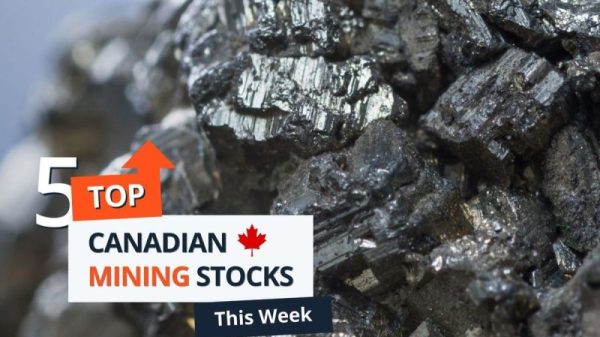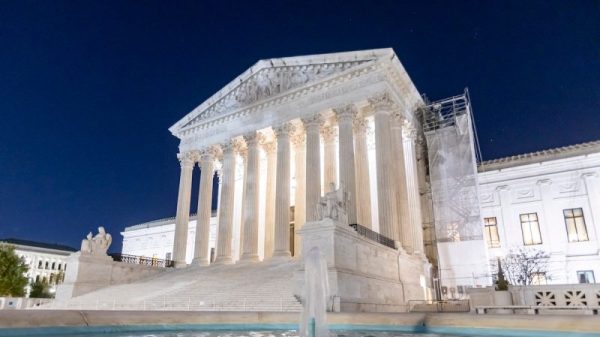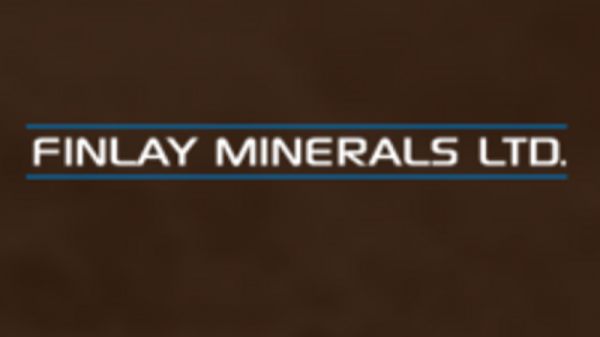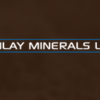
John Goodell studied literature at Berkeley, then got an M.F.A. at Columbia. He has edited Zyzzyva, a literary magazine in San Francisco, and been a contributing editor at Rolling Stone. Pretty impressive.
None of that qualifies him as a climate scientist or economist. So it’s surprising that web searches yield hundreds of solemn, even pious, invocations of Goodell’s economic wisdom:
In reality, studies show that investments to spur renewable energy and boost energy efficiency generate far more jobs than oil and coal.
I have not been able to find a source; the quote itself has become self-recommending, using authority by reference: “studies show…” My good friend Russ Roberts often inveighs against the “studies show” formulation, but I think we have to give Goodell credit here. Studies really do show that dismantling, preferably destroying, the existing energy grid really would create jobs. The question is, why is maximizing jobs something we want to do?
Frederic Bastiat famously showed that destroying wealth creates jobs, in his discussion of the broken window fallacy. But there was a broader context for Bastiat’s observations on the seen and the unseen: a serious proposal that all of Paris should be burned down. Yes, because it would create jobs. Really.
Bastiat referred to research (“studies show!”) done by a fellow Frenchman on this score:
What will you say, disciples of good M. Chamans, who has calculated with so much precision how much trade would gain by the burning of Paris, from the number of houses it would be necessary to rebuild? (From The Broken Window)
Now, it appears that Bastiat was having a little fun; Auguste Louis Philippe de Saint-Chamans (1777-1860) was a viscount and a high-level French government official. Viscount de Saint-Chamans had argued that London’s “Great Fire” (1666) had led to substantial net economic gains; he had not said anything about Paris.
Still, the point was portable: the increased use of resources, and substantial bump in construction employment, had increased economic activity in England by the equivalent of 25 million French francs. France should not be allowed to fall behind on the “destroy wealth to create jobs” race. Bastiat was just taking the Viscount at his word, improving the French economy by burning and rebuilding Paris.
It is worth reproducing Bastiat’s argument, from Economic Sophisms, at some length:
I originally thought that we might base a great deal of hope on fire, without neglecting war or pestilence. To start fires at the four corners of Paris with a good west wind would certainly ensure the population the two major benefits that the protectionist regime has in view: work and high prices, or rather, work by means of high prices.
Do you not see what an immense impetus the burning of Paris would give to national industry? Is there a single person who would not have enough work to last him twenty years? How many houses would there be to rebuild, items of furniture to restore, tools, instruments, fabrics, books, and pictures to replace! I can see from here the work that will move step by step and increase by itself like an avalanche, for a worker who is busy will give work to others, and these employ yet others…
What constitutes our wealth? Our needs, since without needs there is no wealth; without disease, no doctors; without wars, no soldiers; without court cases, no lawyers and judges. If windows did not break, glaziers would be gloomy; if houses did not crumble, if furniture was indestructible, how many trades would be held up! To destroy is to make it necessary for you to replace. To increase the number of needs is to increase wealth….
Either you believe that wealth consists in having more while working less, and therefore you allow [goods and products] to enter, or you think that it consists in having less with more work, and in this case, you burn Paris.
One wonders what Bastiat would say about the current movement now in vogue among those who propose to increase jobs by destroying all the production, transportation, and power-generation capital devoted to fossil fuels. Burn all the gas-powered cars? Jobs! Tear down all the oil and gas-powered power plants, so we have shortages of electricity? So many jobs!
Once you are duped into believing destruction is productive, almost everything that a rational public policy would label as a cost becomes, by some judo move of seraphic intuition, a benefit. If need is wealth, then it makes sense to outlaw fossil fuels immediately, because of all the jobs created trying desperately to provide basic transport and energy.
The problem is that jobs are not wealth. Wealth is access to the goods, products, and services that make our lives better. It is true that “studies show” that wiping out all our productive wealth based on fossil fuels efficiently would create jobs. Those “studies” are among the best arguments against doing anything of the sort.
If my choices are to have wealth but no job, or to have a job but no wealth, I’d rather have the wealth. But we don’t have to choose: we can have both wealth and jobs, if we don’t go around breaking all the darned windows.
























